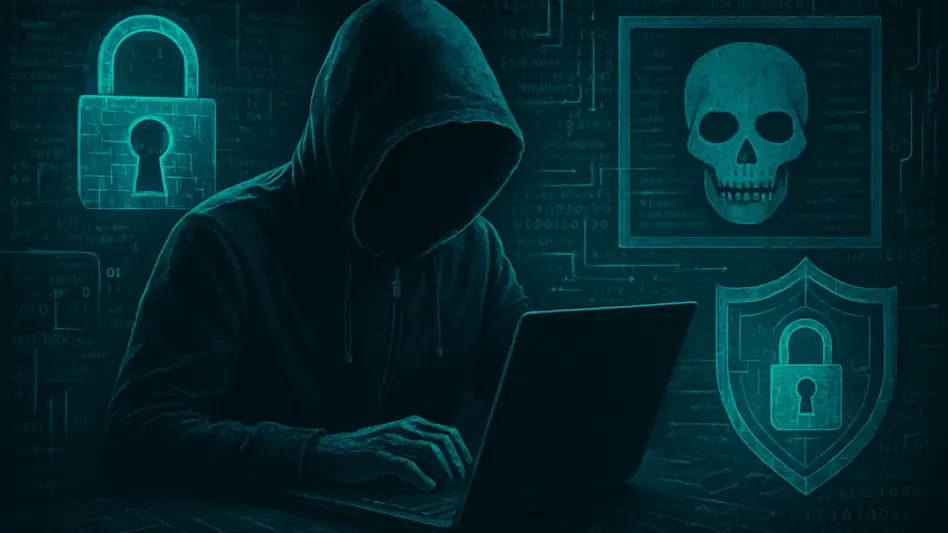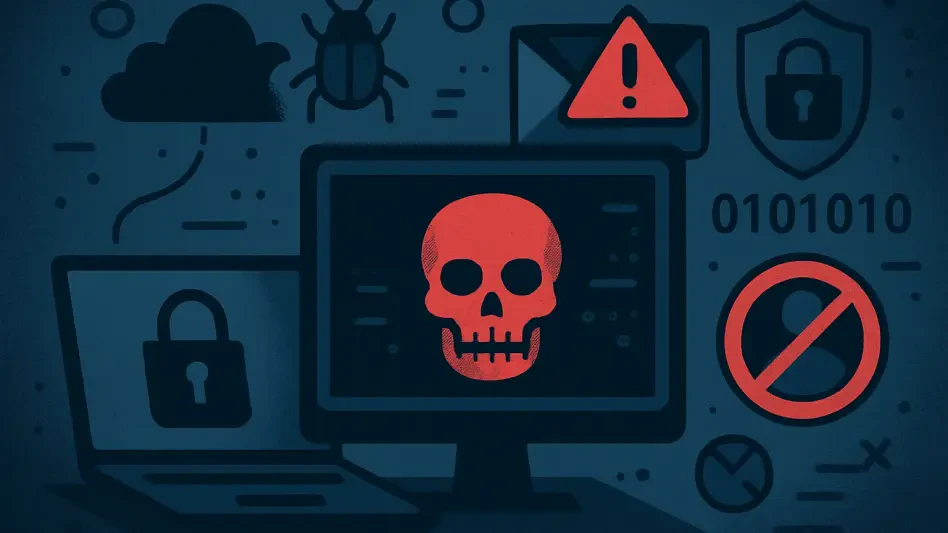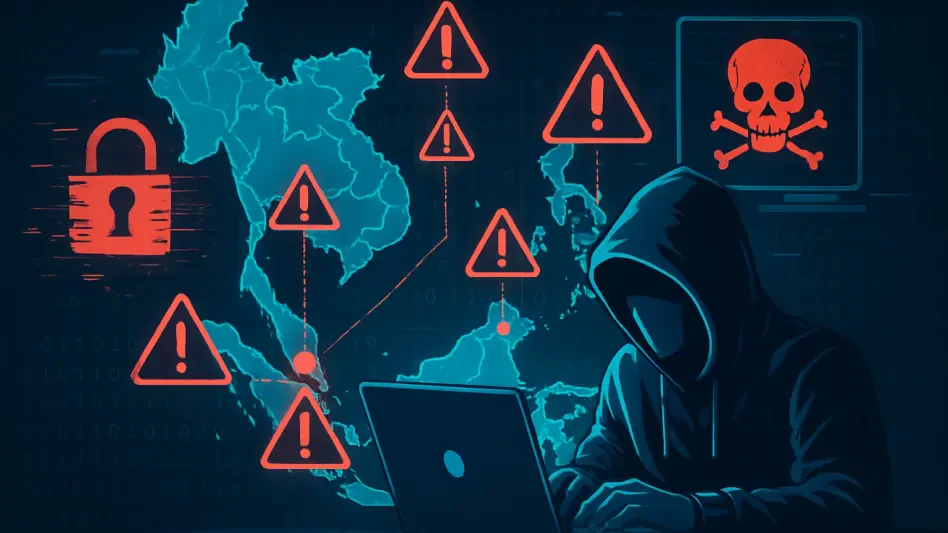A sophisticated cyber espionage campaign orchestrated by the group UAC-0063 has been actively targeting governmental and diplomatic entities in Central Asia and Europe since 2022, according to Bitdefender. The campaign focuses on stealing sensitive data from embassies and governmental institutions across Germany, the Netherlands, the United Kingdom, Georgia, and Romania. Although there is no direct evidence linking the hackers to Russia, their focus on states within Russia’s sphere of interest raises questions about a potential hidden geopolitical agenda.
Sophisticated Attack Techniques
Phishing Emails with Compromised Documents
Experts at Bitdefender have highlighted that UAC-0063 employs highly sophisticated attack techniques that revolve around phishing emails containing compromised Word documents with infected macros. Phishing emails, already notorious for their effectiveness, become significantly more potent when paired with legitimate-looking documents. Once these macros are enabled by the unsuspecting recipient, they activate cyber threats on the victim’s device. This then allows the attackers to transmit data back to their servers while also potentially enabling further attacks.
Bitdefender’s report has confirmed that these compromised documents are not randomly chosen but are often re-used authentic documents previously stolen from diplomatic institutions. By leveraging documents that appear genuine, UAC-0063 enhances their legitimacy, increasing the probability of users unwittingly enabling the malicious macros. This sophisticated social engineering technique underscores the attackers’ deep understanding of both human psychology and operational dynamics within diplomatic institutions. Thus, the combination of phishing with realistic document representation results in a formidable threat to diplomatic cybersecurity.
Code Camouflage and Recent Attacks
Refinement in their techniques has allowed UAC-0063 to remain undetected for longer periods. The report indicates attacks in Romania, with the latest incidents identified as recently as April 2024. These attacks have shown advanced code camouflage techniques, which make detection and analysis more challenging for security experts. The Ukrainian Computer Emergency Response Team (CERT-UA) has attributed these attacks to the notorious Russian group APT28, commonly known as BlueDelta. However, despite similarities in modus operandi, the technical evidence remains inconclusive, leaving definitive attribution to UAC-0063 ambiguous.
The uncertainty concerning links between UAC-0063 and APT28 notwithstanding, the geopolitical implications of these cyber-attacks are significant. The targeting of states within Russia’s sphere of interest suggests that the campaign is not merely about information theft but may also be aligned with broader geopolitical objectives. While the technical links remain tentative, the strategic objectives remain clear: to gather sensitive diplomatic data that could be leveraged in various ways to influence or destabilize geopolitical adversaries.
Strategic Responses to the Threat
Multi-layered Security Measures
In light of these advanced cyber espionage activities, Bitdefender underscores the urgency of adopting a multi-layered security strategy to combat such threats effectively. Reducing the attack surface through proactive risk management and regular vulnerability assessments is vital in identifying and eliminating weaknesses before they can be exploited. Implementing multiple layers of security is recommended, as it provides comprehensive protection across all devices and user accounts, making it considerably harder for attackers to gain access.
Moreover, Bitdefender emphasizes the importance of identifying anomalies and taking prompt action by security teams. Quick response times are critical, as delays can allow attackers to solidify their control and escalate their activities. A robust incident response plan should be in place, detailing procedures for containment, eradication, and recovery to minimize the impact of any breach. Regular training and awareness programs for employees also play a pivotal role in preventing successful phishing attacks, as they can help individuals recognize and avoid suspicious emails.
Enhanced Threat Intelligence
To fortify defensive mechanisms further, Bitdefender promotes the use of its IntelliZone platform. This platform centralizes information on cyber-attacks and the actors behind them, providing security analysts with access to advanced malware analysis services. By leveraging the platform, organizations can gain deeper insights into the tactics, techniques, and procedures (TTPs) employed by attackers. This knowledge is instrumental in anticipating potential threats and tailoring defense strategies accordingly.
IntelliZone also facilitates the sharing of threat intelligence across the cybersecurity community, fostering collaboration and enabling collective defense. By pooling resources and information, organizations can develop more effective and resilient security measures.Bitdefender’s advocacy for comprehensive threat intelligence underscores the need for an adaptive approach to cybersecurity, one that evolves in response to the continually changing threat landscape. Effective threat intelligence not only aids in immediate threat identification and mitigation but also contributes to the long-term fortification of cybersecurity postures.
Conclusion
According to Bitdefender, a sophisticated cyber espionage campaign carried out by the group UAC-0063 has been actively targeting government and diplomatic entities in Central Asia and Europe since 2022. The cyber attackers have focused on stealing sensitive data from various embassies and government institutions located in Germany, the Netherlands, the United Kingdom, Georgia, and Romania. The campaign’s meticulous targeting suggests a high level of organization and expertise.
While there is no concrete evidence directly linking these hackers to Russia, the fact that they are targeting states within Russia’s sphere of interest, such as Central Asia and Europe, raises speculations about a possible unseen geopolitical motive. The nature and scope of these attacks highlight the increasing role of cyber espionage in international relations and security. This campaign underscores the importance of strong cybersecurity measures and international collaboration to mitigate such sophisticated threats effectively.







